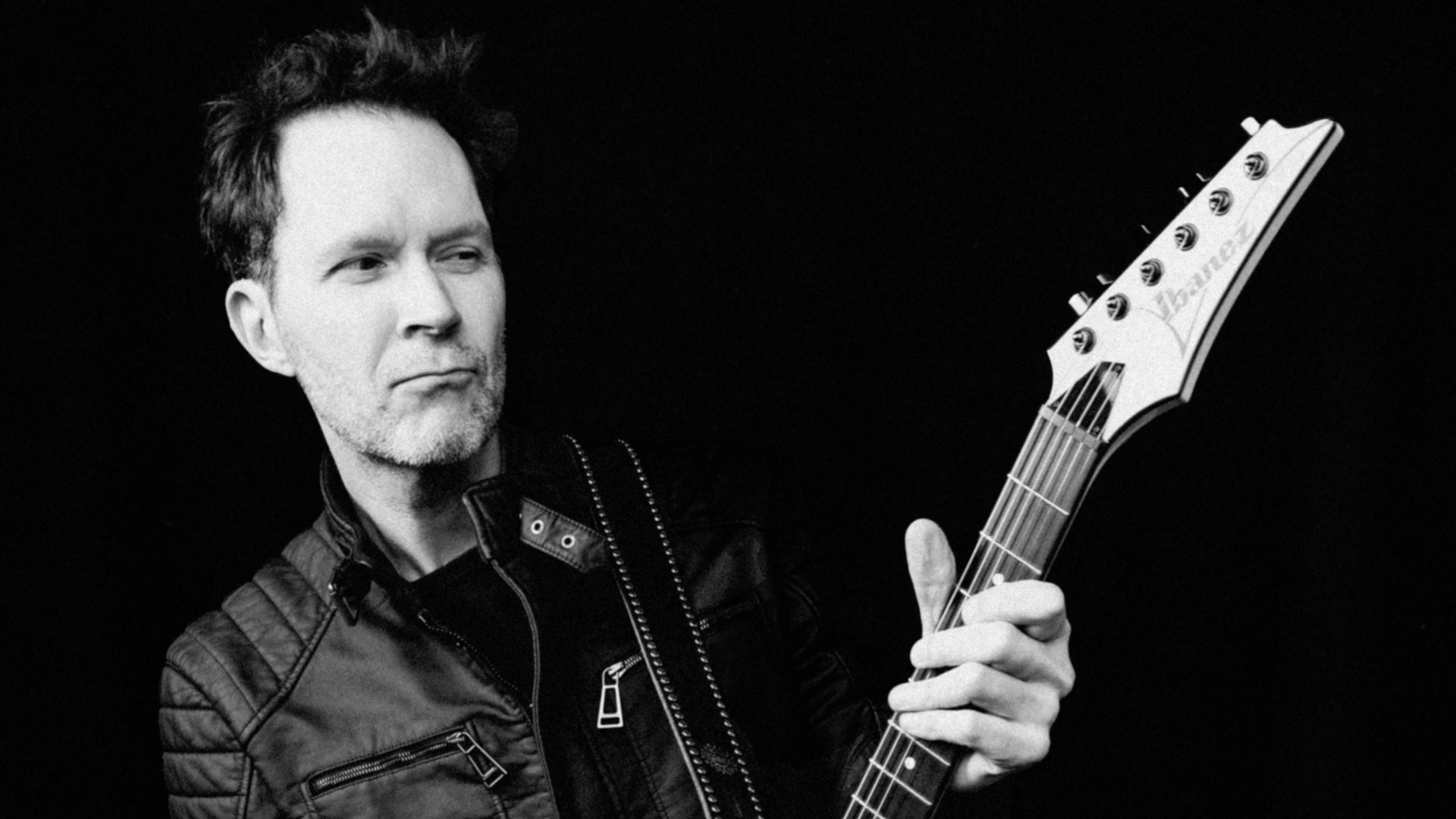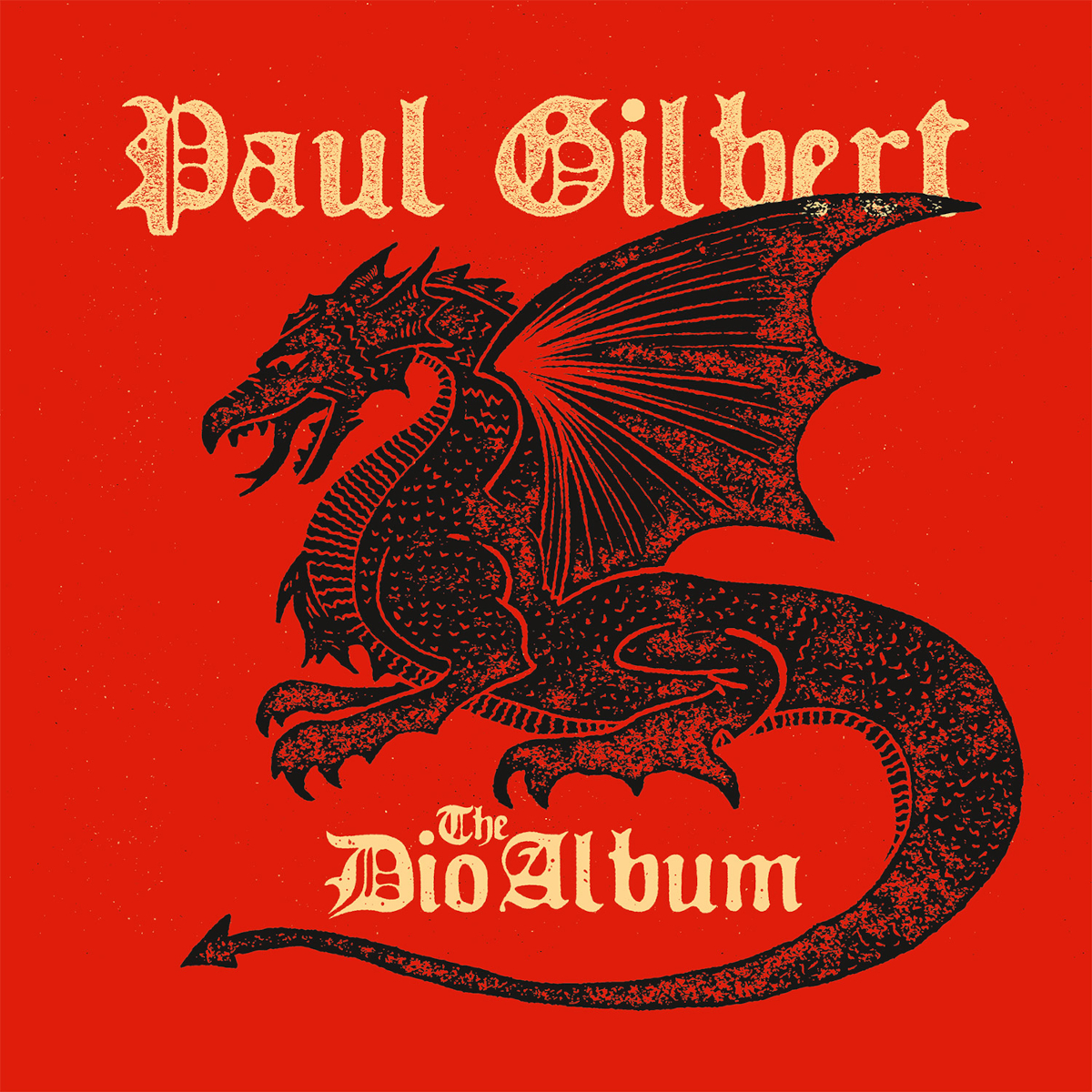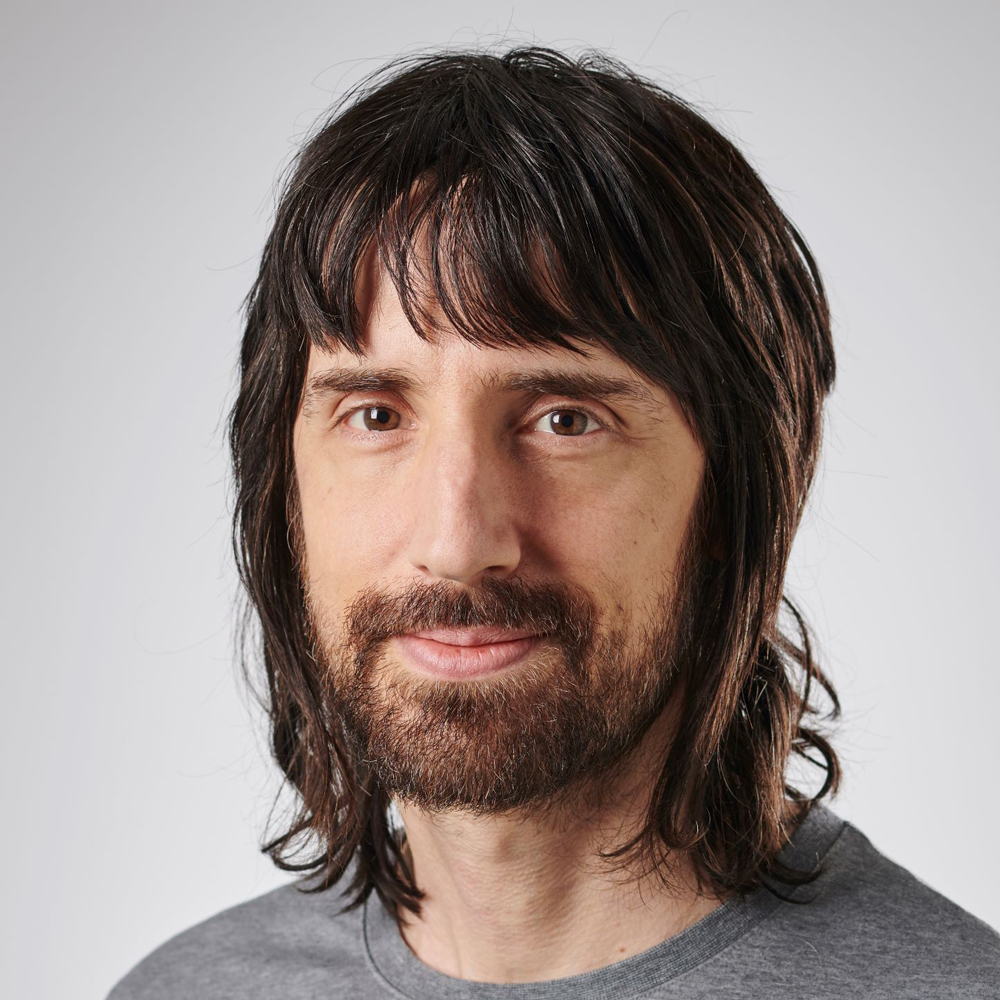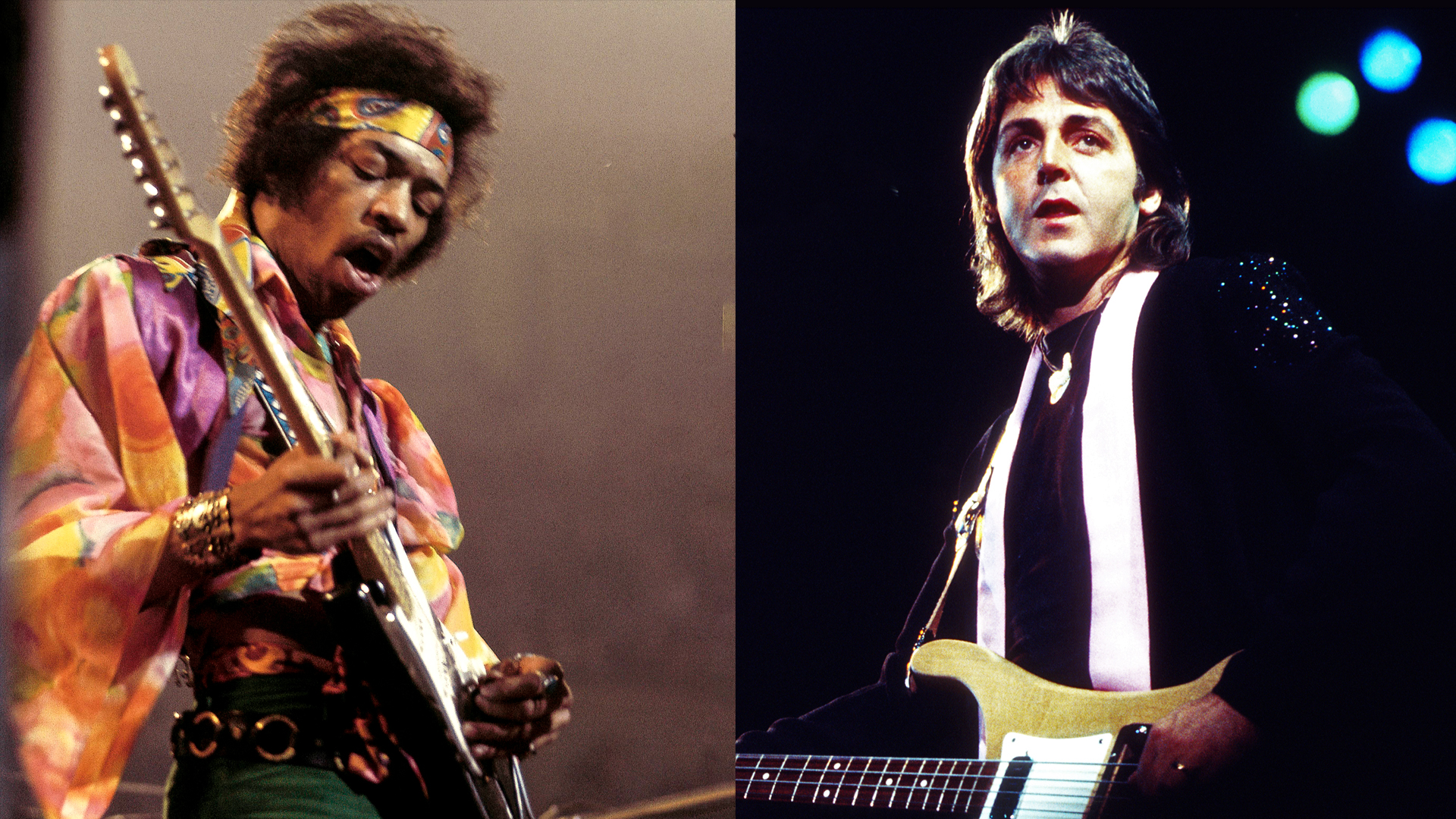“Before I Ever Played Guitar, I Really Wanted to Be a Singer”: Paul Gilbert Makes His Guitar Sing On New Release, ‘The Dio Album’
The virtuoso’s instrumental LP imitates Ronnie James Dio’s vocals on guitar with stunning accuracy

On April 7, guitar virtuoso Paul Gilbert will release The Dio Album – a collection of inspired instrumental covers that pays tribute to legendary heavy metal vocalist Ronnie James Dio (1942-2010.)
After randomly spotting a Dio baseball cap while out driving his car, Gilbert was suddenly struck with inspiration (it can come from anywhere!) and the Mr. Big/Racer X maestro quickly formulated a plan.
Ambitious in scope, he decided he was going to make a series of recordings channelling the singer’s energy through the electric guitar.
Honoring Dio’s prolific career as one of the greatest metal singers of all time, The Dio Album spans classic tracks from the catalog of Rainbow and Black Sabbath, as well as the vocalist’s solo work.
One of the LP’s highlights is a cover of Black Sabbath’s “Neon Knights” – the opening track from 1980’s Heaven and Hell where Dio made his recording debut having replaced original singer Ozzy Osbourne the previous year.
“When I first heard ‘Neon Knights’ on the radio when I was a kid, I didn't I didn't know it was Black Sabbath,” recalls Gilbert. “But I knew about Black Sabbath: I was already a Black Sabbath fan and I'd been playing their songs for a couple of years. And then when that song came on the radio it was like, What is this band?
I have made some attempts at being a lead singer. And it is hard, at least for me – it really is like a physical battle, and I lose pretty much every time!
Paul Gilbert
“To me with Ronnie's voice in there, it was so different than Ozzy that I didn't really didn't recognise the band. But I managed to track down the album and I just loved it. And that sort of began my Dio journey.”
All the latest guitar news, interviews, lessons, reviews, deals and more, direct to your inbox!
Doing justice to Dio’s world-famous vocals is already a challenge, but Gilbert also needed to walk in the footsteps of three guitar greats: Tony Iommi (Black Sabbath), Ritchie Blackmore (Rainbow) and Vivian Campbell (Dio.)
“Playing all these metal riffs like “Stand Up and Shout”, “Neon Knights” and “Kill the King” gave me serious chills,” says Paul. “The guitar parts of Ritchie, Tony and Vivian brought no small number of goosebumps.
“These amazing riffs are the steel girders of the songs, upon which everything else rests.”

During a recent interview with GP’s sibling mag in the U.K., Guitarist, Gilbert revealed The Dio Album is the product of a lifelong interest in singing.
Although my job is being a guitar player, I've always focused my ear on the vocals just as much
Paul Gilbert
“Although my job is being a guitar player, I've always focused my ear on the vocals just as much. Before I ever played guitar, I really wanted to be a singer – I just never really felt that I had the equipment for it. And with guitar, my fingers would often work pretty well. So I went with what I could do well, rather than necessarily what I wanted, or what I liked the most. And, you know, guitar isn't a bad second!
“I have made some attempts at being a lead singer. And it is hard, at least for me – it really is like a physical battle, and I lose pretty much every time! So to be able to have those obstacles removed, suddenly all the high notes are there.
“And the challenge is no longer that physical challenge of 'Can I hit the high note?' It's more a challenge of 'Can I hear the details well enough and find them on the guitar to be able to get the emotions across and not have it sound real square?' And that to me is a wonderful journey.”

Pre-order Paul Gilbert’s The Dio Album here.
Rod Brakes is a music journalist with an expertise in guitars. Having spent many years at the coalface as a guitar dealer and tech, Rod's more recent work as a writer covering artists, industry pros and gear includes contributions for leading publications and websites such as Guitarist, Total Guitar, Guitar World, Guitar Player and MusicRadar in addition to specialist music books, blogs and social media. He is also a lifelong musician.


